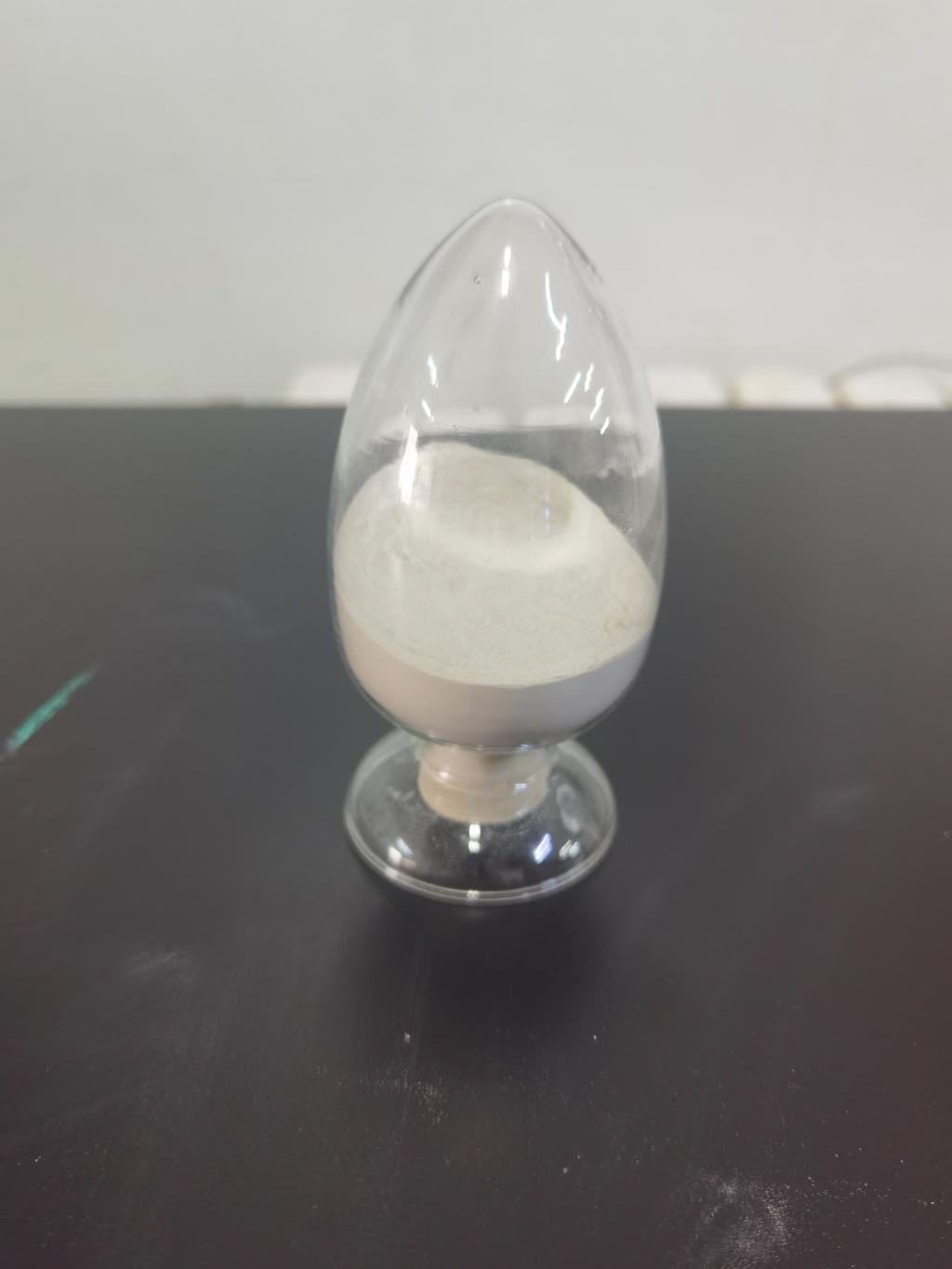
 CONTACT
CONTACT
- Linkman:Linda Yao
- Tel: +8618231198596
- Email:linda.yao@dcpharma.cn
- Linkman:CHARLES.WANG
- Department:Overseas
- Tel: 0086 0311-85537378 0086 0311-85539701
Nisin has been shown to inhibit the growth of Listeria monocytogenes, a foodborne pathogen.
TIME:2024-07-10
Listeria monocytogenes is a Gram-positive bacterium known for its ability to survive and grow under a wide range of environmental conditions, including refrigeration temperatures. This resilience contributes to its persistence in food processing environments and its potential to cause foodborne illnesses. The bacterium can lead to listeriosis, a serious infection characterized by symptoms ranging from mild gastroenteritis to severe complications such as septicemia and meningitis.
Mechanism of Action of Nisin
Nisin is a natural antimicrobial peptide produced by certain strains of Lactococcus lactis. Its antimicrobial activity primarily targets Gram-positive bacteria, including Listeria monocytogenes. The mechanism of action involves binding to lipid II, a precursor molecule involved in cell wall synthesis. This binding disrupts cell wall formation, leading to pore formation and ultimately cell death. The selective nature of nisin's action against Gram-positive bacteria minimizes its impact on beneficial gut microbiota, making it an attractive option for food safety applications.
Applications of Nisin in Inhibiting Listeria monocytogenes
1. Dairy Products
Nisin has been widely studied and utilized in dairy products such as cheese and yogurt. Its ability to inhibit the growth of Listeria monocytogenes contributes to the safety and extended shelf life of these products. Cheese, in particular, benefits from nisin as it can prevent contamination during production and storage, where conditions may favor the growth of pathogens.
2. Meat and Poultry
In meat and poultry processing, where Listeria monocytogenes contamination is a concern, nisin has been employed to control the pathogen's growth. Application of nisin in these products helps mitigate the risk of foodborne illnesses associated with consumption of contaminated meats.
3. Seafood
Seafood products are also susceptible to contamination by Listeria monocytogenes. Nisin's antimicrobial properties have been investigated for their effectiveness in seafood preservation, aiming to ensure safety and quality from catch to consumption.
4. Ready-to-Eat Foods
Ready-to-eat foods, including salads, sandwiches, and deli meats, often pose a risk of Listeria monocytogenes contamination due to post-processing handling. Incorporation of nisin in packaging materials or directly into these foods can help maintain microbial safety throughout their shelf life.
Effectiveness and Regulatory Considerations
Numerous studies have demonstrated the effectiveness of nisin against Listeria monocytogenes in various food matrices. Regulatory agencies such as the FDA and EFSA have approved nisin for use as a food additive within specified limits, considering it safe for consumption. However, continuous monitoring and adherence to good manufacturing practices are essential to ensure its efficacy and safety in food products.
Challenges and Future Directions
Despite its promise, several challenges exist in the widespread adoption of nisin for controlling Listeria monocytogenes. These include the potential for development of resistance among target bacteria, variations in effectiveness across different food matrices, and consumer acceptance of products containing nisin. Future research efforts are focused on optimizing formulations, exploring synergistic effects with other antimicrobial agents, and developing innovative delivery systems to enhance nisin's efficacy while addressing these challenges.
Conclusion
Nisin represents a valuable tool in the arsenal against Listeria monocytogenes, offering a natural and effective means to enhance food safety in various food products. Its ability to selectively target harmful bacteria while preserving beneficial microorganisms underscores its importance in modern food preservation strategies. As research continues to uncover new applications and refine existing methods, nisin's role in inhibiting Listeria monocytogenes is poised to grow, contributing to safer food supply chains and improved public health outcomes.
- Tel:+8618231198596
- Whatsapp:18231198596
- Chat With Skype







